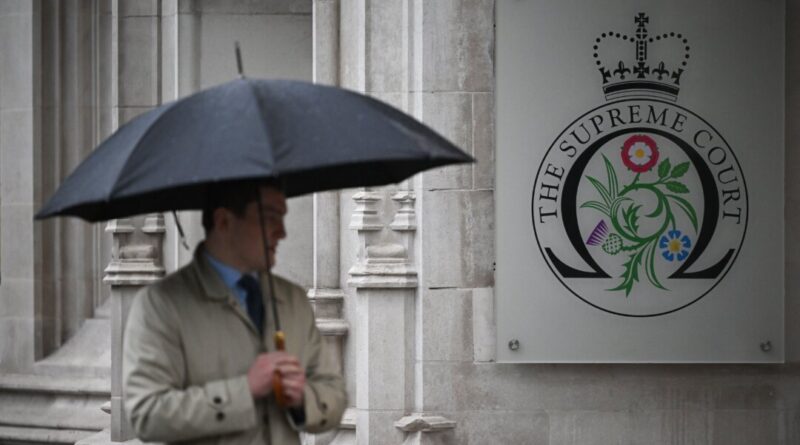Supreme Court Hears Arguments on Legal Definition of ‘Woman’ in Controversial Case
The two-day hearing for the case, brought by For Women Scotland, is focused on whether gender recognition certificates should take precedence over biological reality.
The landmark legal case pertains to whether trans-identified men with a gender recognition certificate should be considered women in Scotland under the 2010 Equality Act, and it was heard at the Supreme Court in London.
For Women Scotland challenged the definition of “woman” in Scottish legislation, which mandates 50 percent female representation on public boards, seeking to overturn a previous decision by the Scottish courts in 2023.
Acting for FWS, Aidan O’Neill argued that biological reality should be prioritized over the “legal fiction” represented by a gender recognition certificate. He emphasized that the ordinary understanding of sex, man, and woman in everyday language should hold in the context of the Equality Act.
Ruth Crawford, representing the Scottish Government, argued that individuals with a GRC are legally recognized as having changed their sex and should be entitled to the corresponding protections under the Equality Act.
The legal back-and-forth surrounding the Gender Representation on Public Boards (Scotland) Act 2018 has led to a series of court challenges, with implications for gender identity and women’s rights in Scotland.
The LGB Alliance intervened in the case on behalf of lesbians, expressing concerns about the impact of redefining “woman” on same-sex attracted women and the broader implications for sexual orientation.
The decision of the UK Supreme Court on this case is expected to have far-reaching consequences for sex-based rights, single-sex services, and the understanding of gender identity in Scotland.
PA Media contributed to this report.



